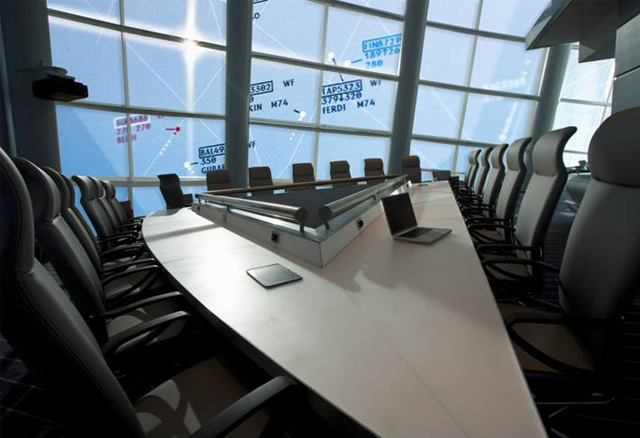Safety Wisdom
The term safety wisdom was coined when interviewing a number of aviation industry senior executives on how they dealt with safety. Whilst safety intelligence can refer to your depth of understanding of how safety really works, or the data and information you have on safety performance and upcoming threats, safety wisdom is something different. If an aviation organisation can be likened to a ship, then safety wisdom is about the captain of that ship, and their understanding and approach to safety given his or her experience and management style. It is about how they run a safe ship.
Sixteen CEOs, COOs, and other senior executives from airlines, airports, air traffic organisations and regulators were each interviewed for 60-90 minutes, on how they led safety in their organisations.
What arose from these interviews was a coherent pattern, a safety wisdom ‘mindset’:
- Safety is first, because without it there is no business – but not at any cost
- There is a need to maintain safety under increasing pressure of costs, delays, competition, regulation, etc.
- Being accountable – “the buck stops with me” – leading to an active safety leadership style, because “if you end up in the papers, you did it wrong”
- Searching for evidence – looking behind the KPIs – and hearing from your post-holders, not just reviewing the data
- Being prepared to hear bad news
- Doing your best to see around the corner…
The full results of this exercise are presented in the Safety Wisdom white paper, which you can download here.

“If you haven’t got safety performance, you haven’t got a business.”
“Taking responsibility for safety is also about demonstrating everyday leadership in building a strong safety culture. Dealing with risks is to lead by example: admit your own errors, do not get angry if people report issues, otherwise they won’t do it next time.”
“Many organisations only look at data, but that’s not enough.Qualitative safety relevant information is as important as quantitative safety trends.”
“The only way to see around the corner is having a very open relationship with your post-holders. I have a very strong relationship with my post-holders. There’s no fear in the relationship.”
“What I want my legacy to be is that we are more forward looking. It’s my yesterday, today, tomorrow rather than just yesterday. I don’t want tombstone regulation, that is, you shouldn’t wait until you have buried the bodies before you learn the lesson.”